2024 PI Meeting Project Summaries
Thank you for visiting the 2024 NSF ITEST Principal Investigator Meeting Project Summaries. One page descriptions of projects have been added to this library for the meeting. For more information visit the online program for the meeting.
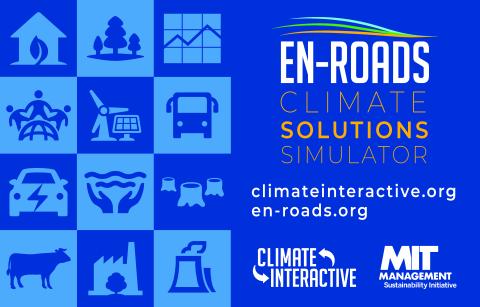
This project fosters STEM/ICT career knowledge through team-based, Integrated STEM learning experiences where high school students in urban and rural schools create climate solutions at global and local scales, supported by near-peer mentoring. After exploring sources and solutions to climate change, student teams play a “Climate Action Simulation” game, using a technology-rich digital platform and guides for a set of social roles. The game’s “engine” is an interactive global model, called “…
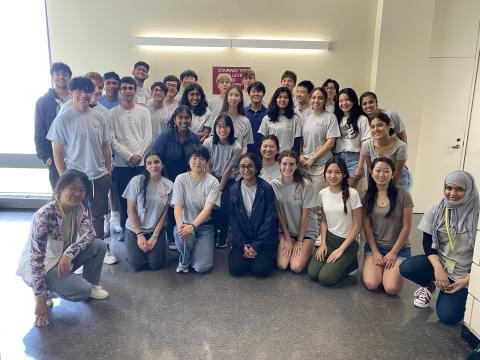
QuEST educates secondary school students in quantum science and computing activities while learning about career pathways in quantum technologies. Science teachers are also key stakeholders and attend professional development in quantum science instruction, quantum computing applications, and career pathways. QuEST, a partnership between Stony Brook University and the New York Hall of Science, advances quantum education, physical science literacy, and the diversity of the STEM pipeline through…
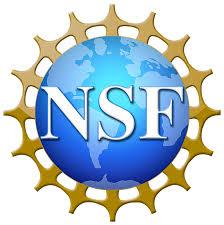
Semiconductors are essential components of electronic devices, enabling advances in all important applications and systems such as communication, healthcare, and national security. In order to sustain the U.S.’s global competitiveness in the semiconductor industry, there is a growing demand for skilled semiconductor workforce. High schoolers are among the most frequent users of electronic devices. However, many do not know how these devices are designed and manufactured. To address the…
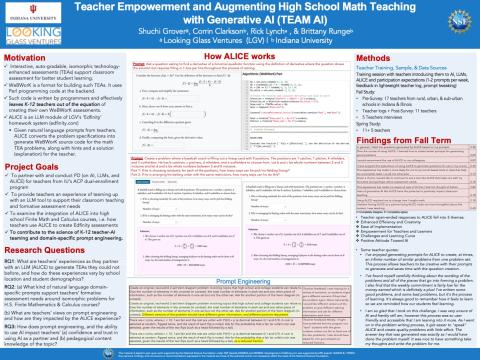
TEAMAI is a collaboration between Indiana University (IU) Mathematics department and Looking Glass Ventures (LGV). In our research, we examine the high school teachers’ use of ALICE, an AI LLM module of LGV’s ‘Edfinity’ homework system (assessment platform at edfinity.com) in their Finite Mathematics and Calculus courses. Edfinity assessments utilize the, open-source WeBWorK format to deliver interactive, auto-gradable, isomorphic technology-enhanced assessments (TEAs) to support classroom…
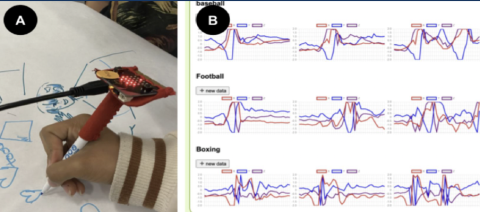
Our proposal introduces algorithm auditing to high school computer science classes. Algorithm auditing is a query method for understanding algorithmic systems’ opaque inner workings and external impacts from the outside. Sample student projects: (A) Drawing game using a ML classifier trained with accelerometer data; (B) Accelerometer sensor data for training and testing a ML model used in a sports game;
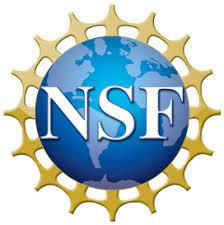
In this project, we examined how gender, race, and ethnic heritage shape the STEM and higher education aspirations of different communities of refugee youth and families participating in a university-community organization partnership. Families from various ethnic-based community organizations in Arizona–serving Bhutanese, Burundian, Congolese, Somali, and Syrian people–participated in this qualitative study. Using social cognitive career theory as our conceptual framework and a qualitative…
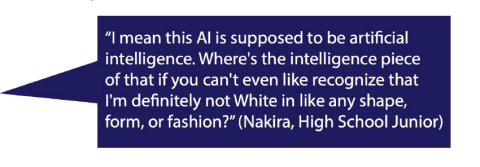
This project investigates how youth engage with algorithm auditing, a method that involves repeatedly querying AI/ML algorithmic systems and observing their output in order to draw conclusions about the system's opaque inner workings and possible external impact. We investigate how youth audit everyday ML applications. More specifically, (1) the feasibility of user-led algorithm audits by youth, (2) the dynamics of collaboration in algorithm audits, and (3) youth understanding of…
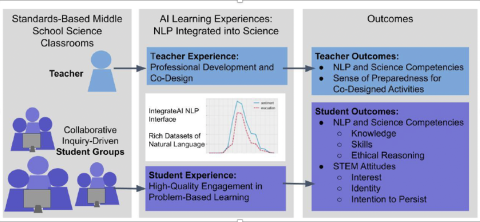
Project IntegrateAI seeks to engage learners in authentic, inquiry-driven projects to investigate scientific questions using natural language data. • For students, we engage them in innovative Natural Language Processing (NLP) learning experiences to foster their knowledge and skills in NLP and science, improve their attitudes toward STEM careers (interest, identity, and intention to persist), and enhance their ethical reasoning. • For teachers, we assist them in developing AI learning…
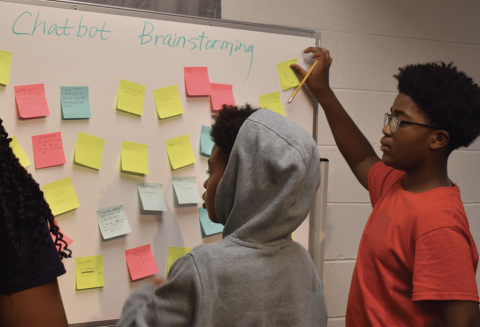
Project DIALOGS provides technology-rich learning opportunities for middle-school students to design and develop spoken conversational apps using computer science and artificial intelligence. Some 210 students from diverse, underserved schools with previously limited access to AI and computer science engaged in 2-week summer experiences to learn computer science and conversational AI development. Researchers in computer science and educational technology from the University of Florida…
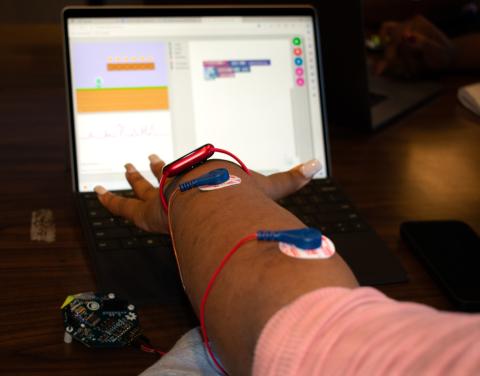
Relatively little research exists on the use of experiences with physiological sensors to support STEM education. In this work, we draw on techniques from physiological computing and computer science education to explore novel ways to build students' computational thinking skills. Learning barriers related to physiological expressions and physiological design may be less common with EMG-based (muscle) activities in comparison to EEG (brain) activities. Physiological design events seem to…